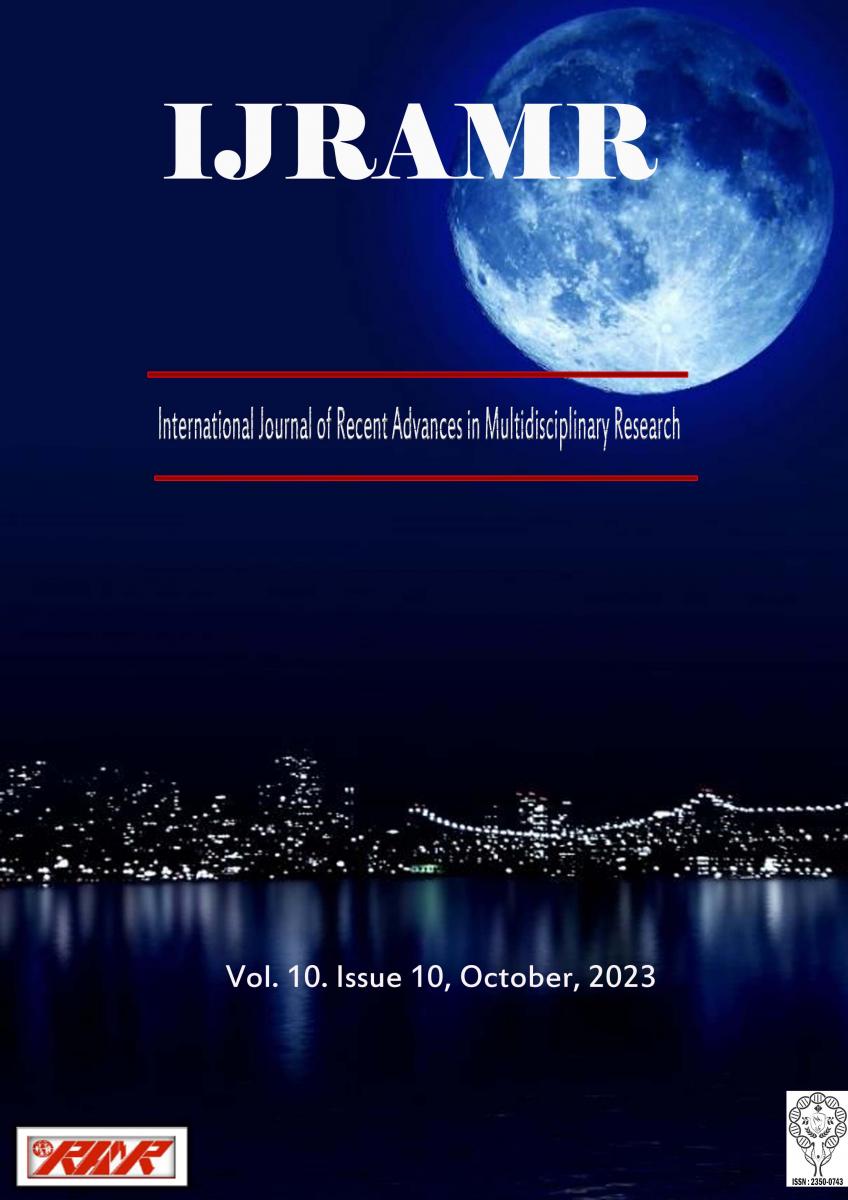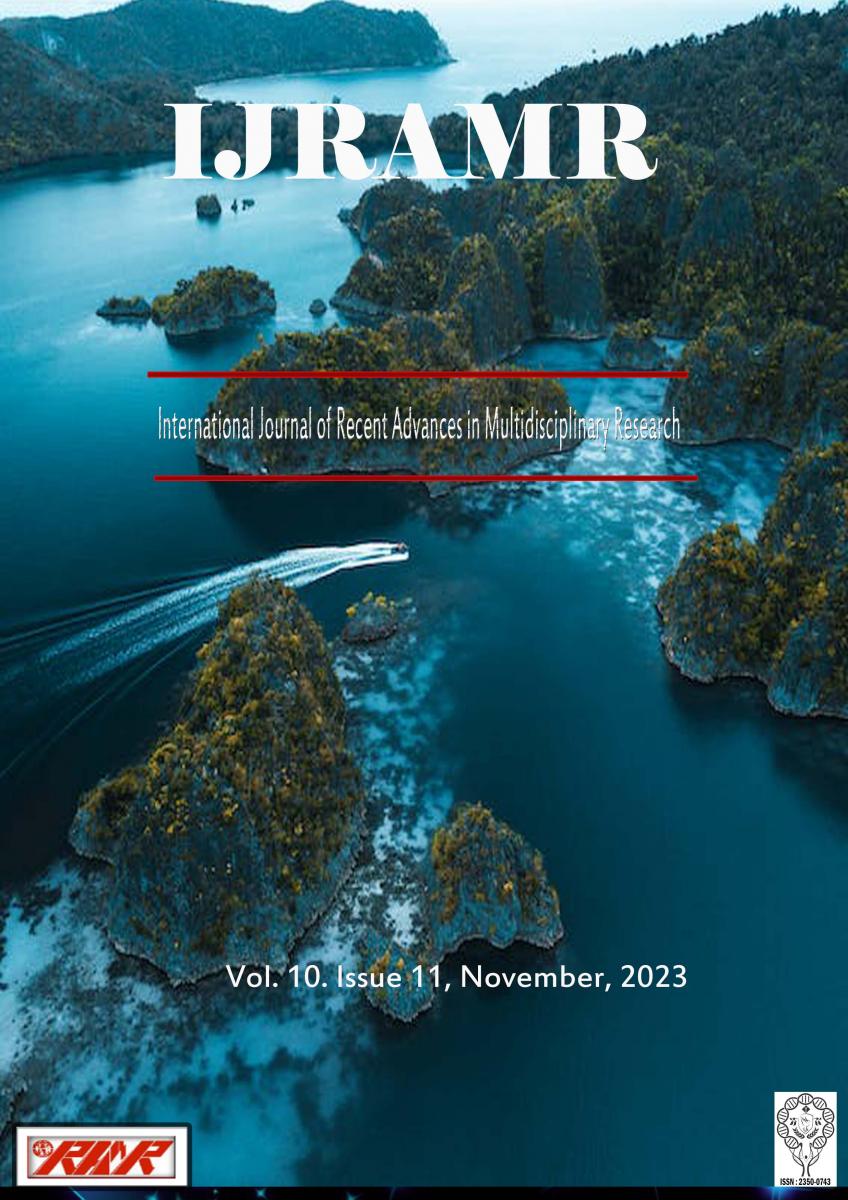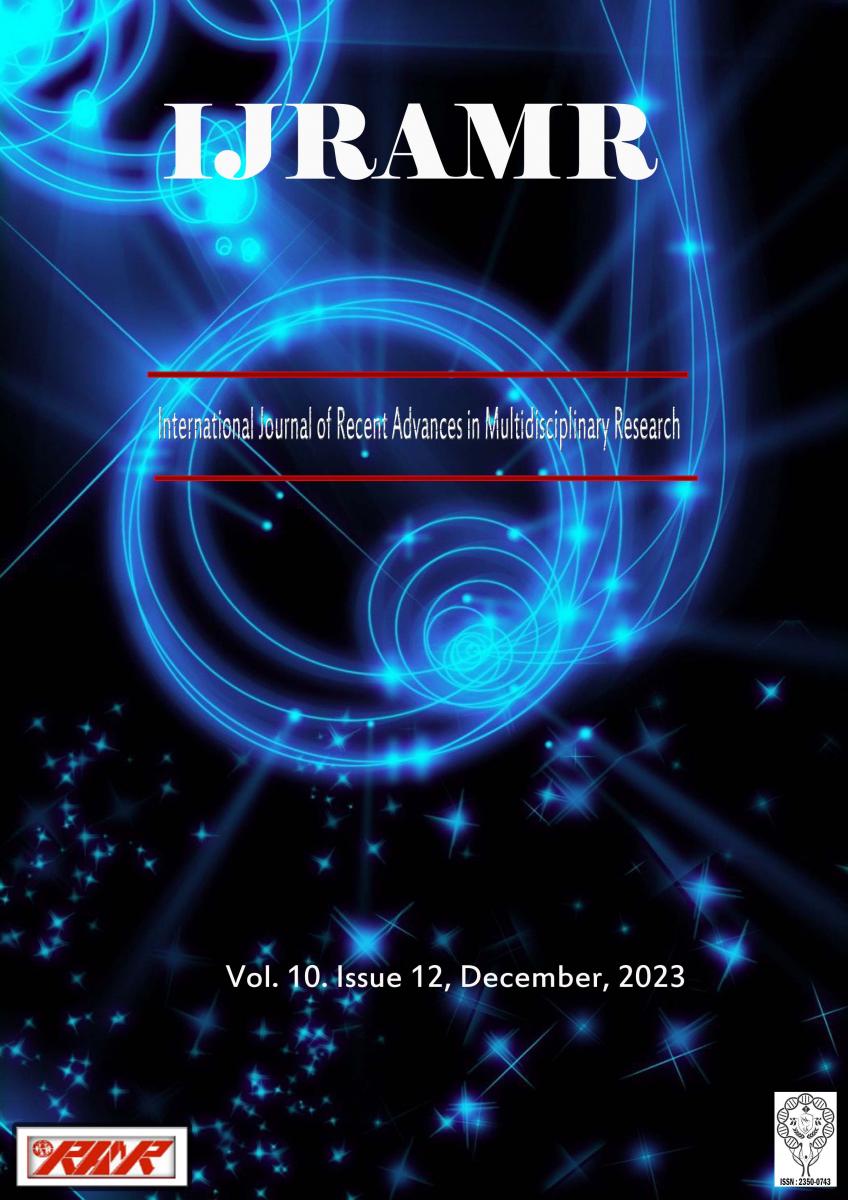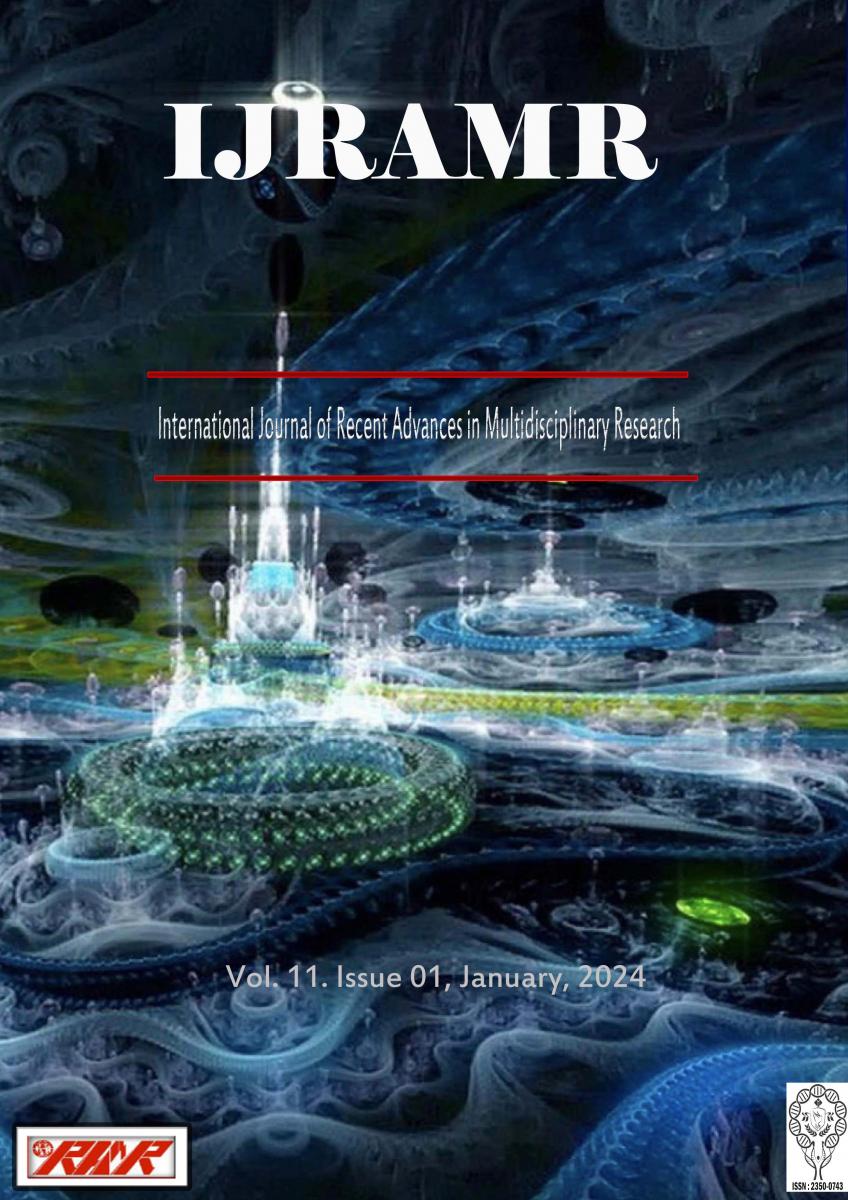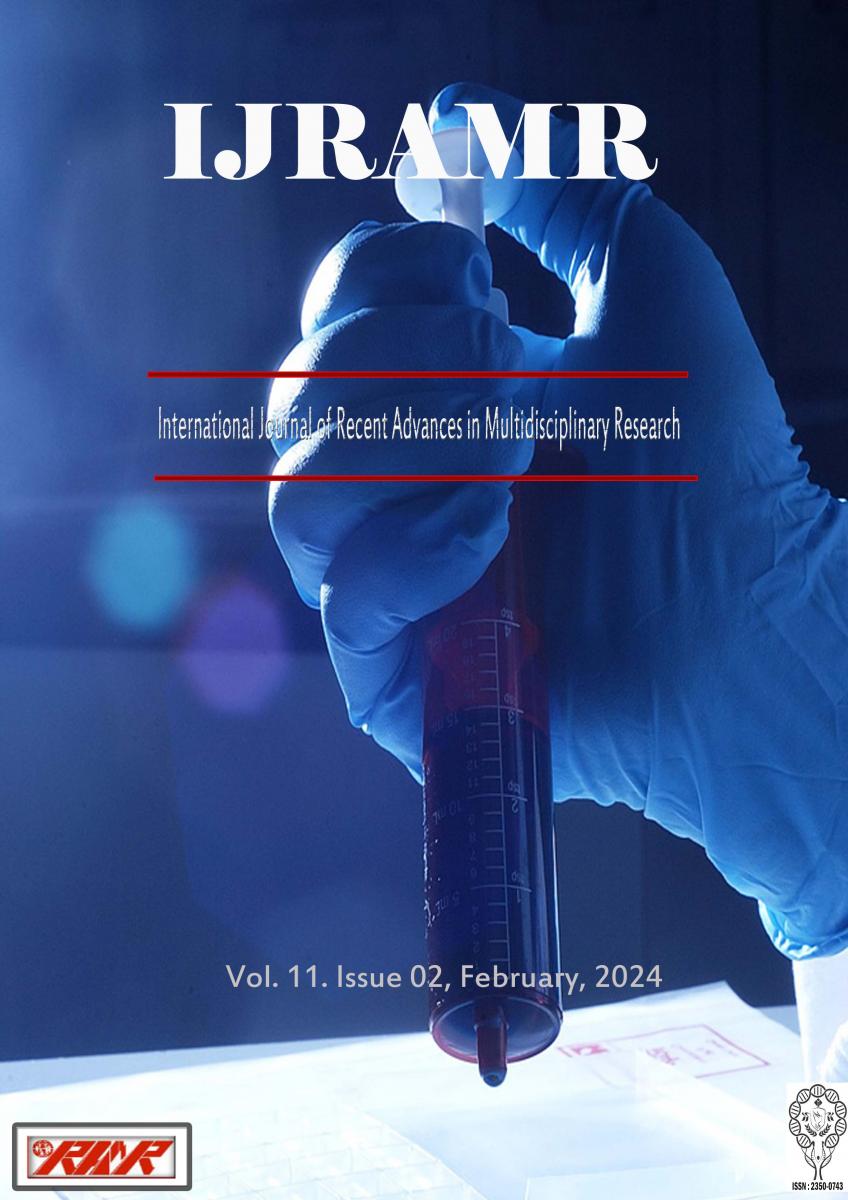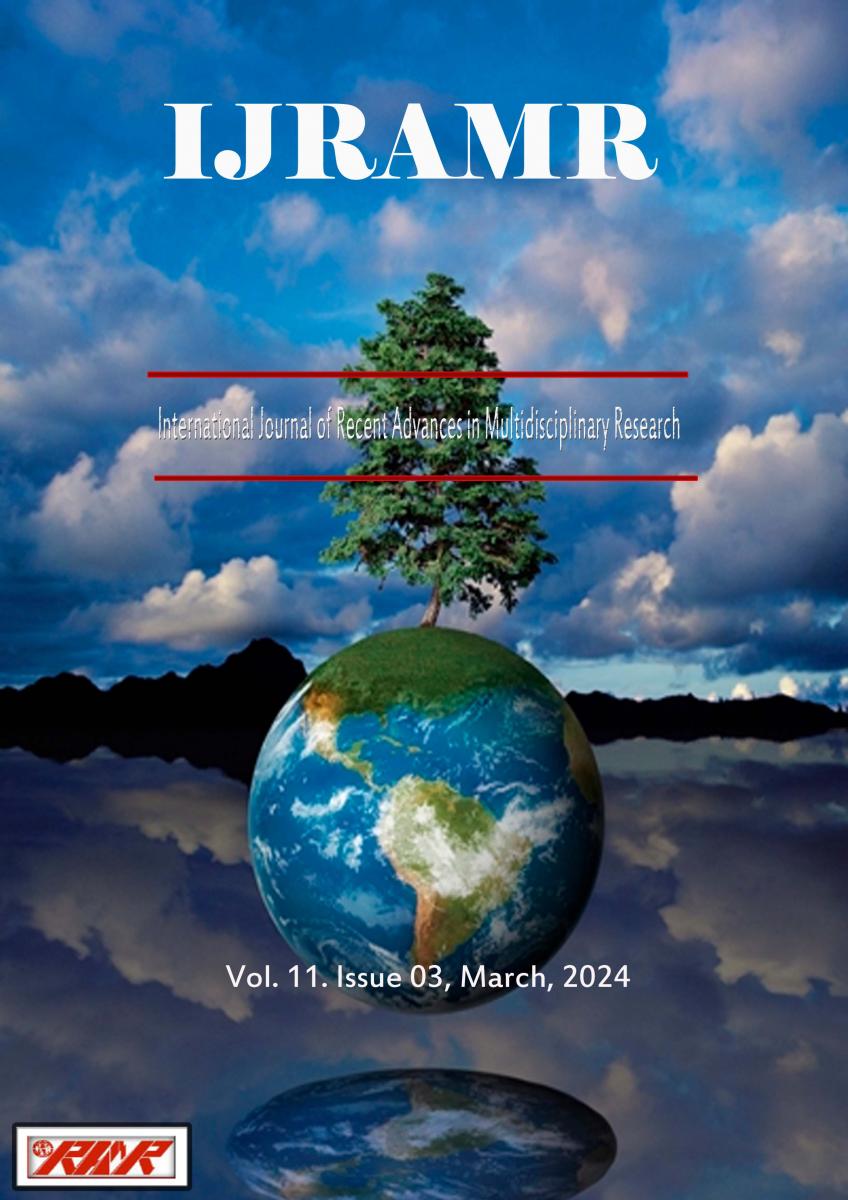This study analyzes the working time and rest period regulations of representative fishing countries in Europe and Asia for the International Labour Organization's (ILO) C188 - Work in Fishing Convention, 2007. The Quadruple Helix method is used to explore policy implications for the protection and representation of fishermen's working time and rest periods in each country. This study analyzes the potential for harmonization between international conventions and national laws on working hours and rest periods for fishermen, with a focus on the United Kingdom and Norway in Europe, and Japan and the Philippines in Asia. The aim is to identify policy improvements related to the Korean Seafarer's Act with confidence and authority. This study confidently addresses the fatigue and health problems of Korean fishermen who engage in long-term fishing activities on various types of vessels. The study is based on the results of a multi-case comparative empirical study. To achieve the study's objectives, we propose designating fishing vessels and clarifying working hours and rest period regulations under the Seafarers' Act. This proposal will provide compensation and protection for fishermen's labor. This study aims to improve the working conditions and rest periods of fishermen in accordance with the ILO standards. It also aims to contribute to the creation of an environment that enables sustainable fishing activities by harmonising domestic and international conventions.
